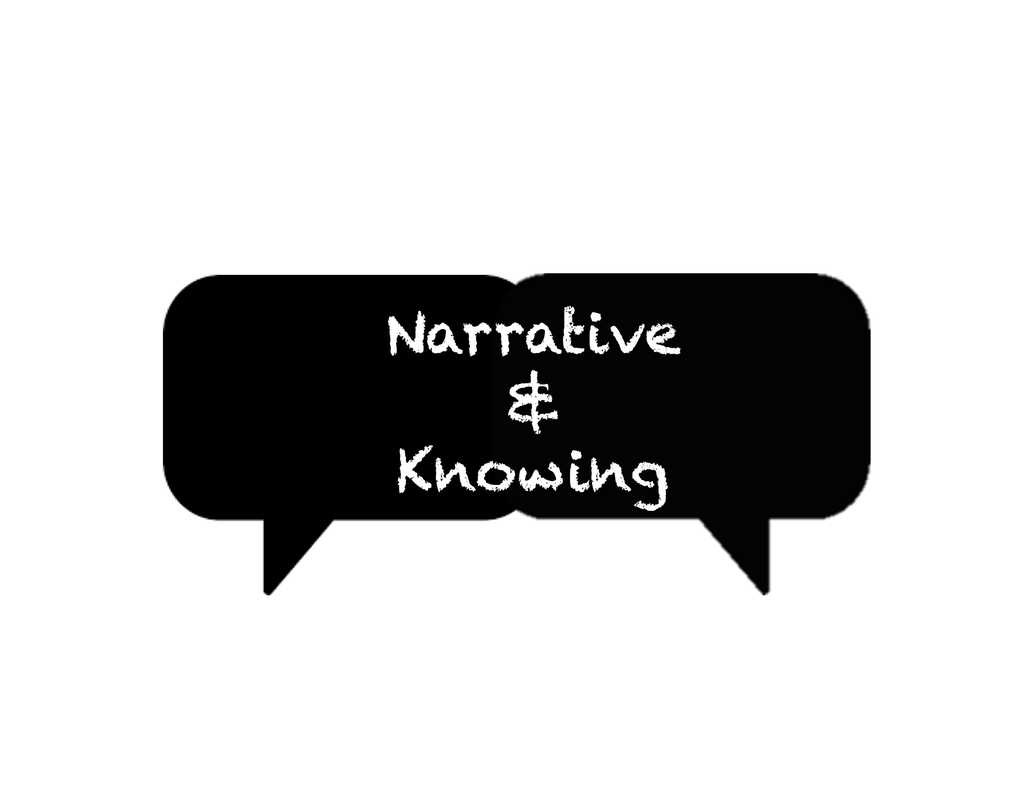Theoretical reflections on narrative in action research
 “The contribution (this article) makes, outlining the importance of narrative in action research will be of great interest to many readers.” Dr. Michelle Maclaren Redman.
“The contribution (this article) makes, outlining the importance of narrative in action research will be of great interest to many readers.” Dr. Michelle Maclaren Redman.
Every second, every minute, every hour of our daily interactions are embedded in narratives. Some authors have even defined us as human narrators, and others have emphasized that our deepest feelings, our love for our families, friends, and communities take place in narratives. We profoundly agree with this line of thought. We are passionate about narratives, especially with the potential that they have to create for collaborations in action research that can surprise us and change our lives.
Change our lives? Indeed, because we may get new experiences from such collaborations. And through such experiences, we may bring better solutions to unsolved problems. So, we would be co-creating new knowledge, new realities, and even a new version of ourselves. Then, could not be narratives a powerful instrument for action research? Of course, yes! Yet, even though such answer may at first appear obvious, the truth is that the use of narrative as method to action research remains a little contentious. In this article, we reflect on this issue, paying special attention to the main elements in the process of narrative knowing (making) and narrative telling (communicating). In order to use narratives appropriately in action research we need to understand narratives’ form and function. Such understanding can help us to clearly appreciate the value of the friendly attitude embedded in the empathy-laden narrative process for facilitating the reflective, participative and democratic practice embedded in action research.
Blog post provided by Nuria Toledano
We invite you to learn more about this experience by reading our article HERE. Free 30-day access is available for this article beginning 22 January 2018.
After you’ve had a chance to read this piece, please share your thoughts, ideas, or experiences with our community in the comments below so we can continue this discussion!
Nuria Toledano and Alistair R Anderson
- Making Public Deliberations Inclusive with Mixed Methods AR - October 26, 2020
- Participatory action research with Aboriginal Elders: Ngulluk Koolunga Ngulluk Koort project - October 12, 2020
- Bringing the relational self to ART: Interview with Dr. Yvonne Skipper - October 1, 2020
